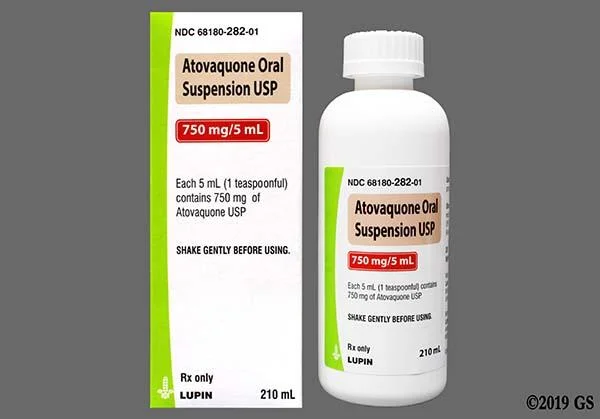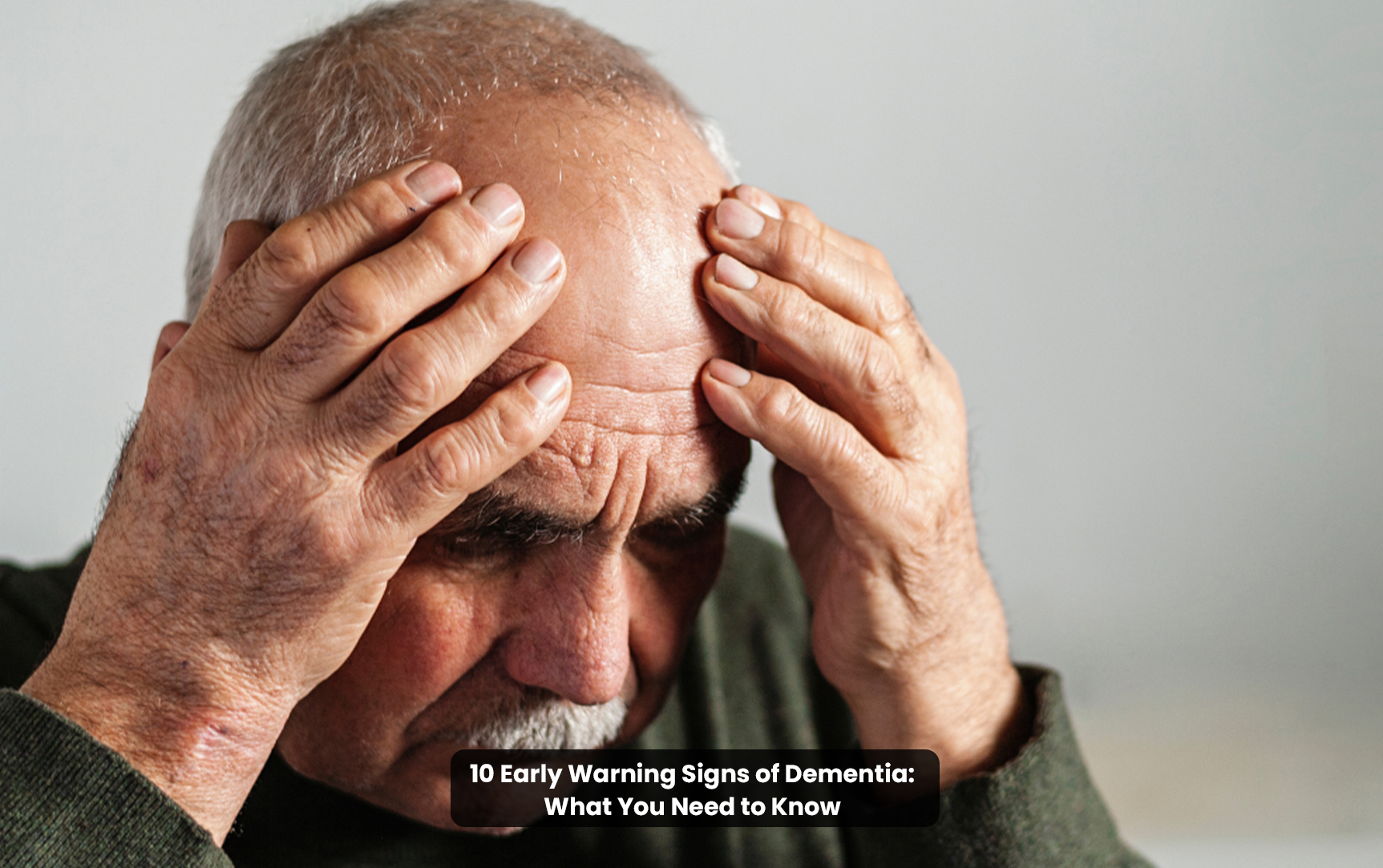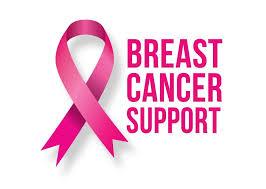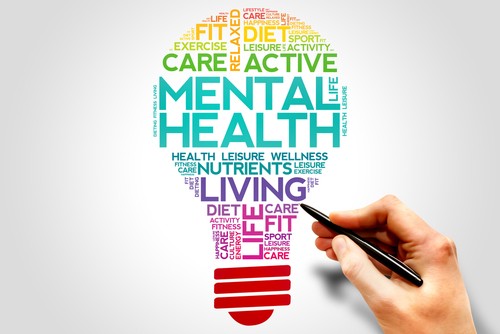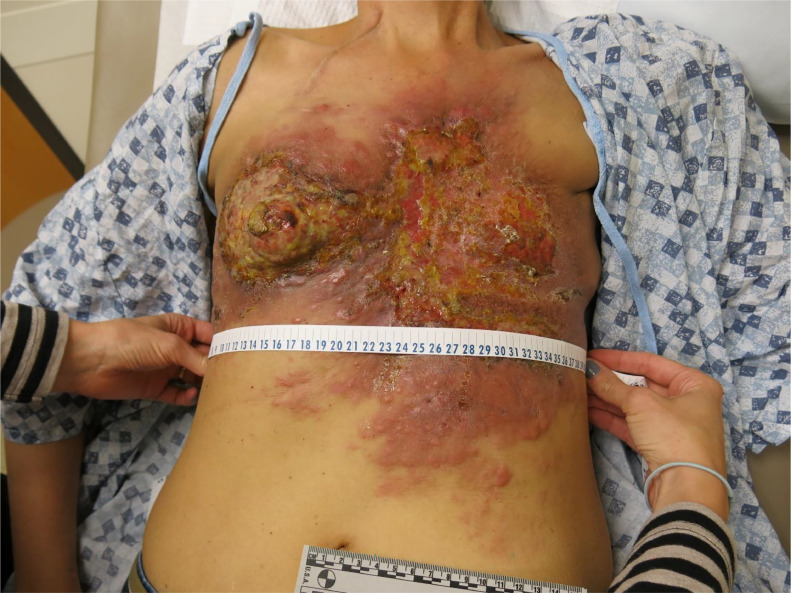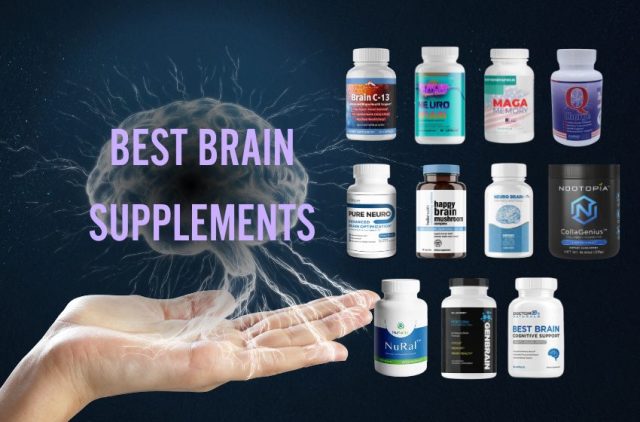Your energy levels can be severely impacted by breast cancer and its therapies, including hormone therapy, radiation, and chemotherapy. According to research, between 62% and 85% of patients with cancer have cancer-related fatigue, making it one of the most frequent side effects that patients report throughout cancer treatment (National Cancer Institute).
During the first six months following diagnosis, when treatment is at its most effective, fatigue is often at its worst for many people. But even when treatment is over, low energy might last for months or even years. Thankfully, there are evidence-based methods for managing fatigue and enhancing general well-being.
1. Engage in Aerobic Exercise
While it might seem counterintuitive, gentle physical activity can actually help reduce fatigue and boost your mood. The American Cancer Society recommends starting slowly and gradually increasing activity.
Aim for:
- 150 minutes of moderate activity per week (e.g., brisk walking)
- 75 minutes of vigorous activity per week (e.g., jogging, cycling)
Studies show that yoga, resistance training, and aerobic exercises can significantly improve energy levels in breast cancer patients (Journal of Cancer Survivorship, 2022). Even a 4-week exercise program has been shown to reduce fatigue in women with breast cancer.
Tips to start:
- Short walks around your neighborhood
- Gentle yoga or stretching
- Low-impact cycling
2. Seek Support
Stress and emotional strain can worsen fatigue. Finding a support system is essential for mental wellbeing. Peer-to-peer support allows you to share experiences and coping strategies with others facing similar challenges.
Consider:
- In-person support groups via local cancer centers
- Online communities, such as Bezzy Breast Cancer
- Programs like American Cancer Society’s Reach to Recovery, connecting patients with trained volunteers
Having a safe space to talk about your feelings can reduce stress, improve your outlook, and indirectly boost energy.
3. Break Up Large Tasks
Feeling drained can make everyday chores feel overwhelming. Break large tasks into smaller steps to conserve energy.
For example:
- Clean one room at a time and rest in between
- Prepare meals in batches rather than cooking everything at once
- Ask family or friends for help when needed
Pacing yourself helps maintain steady energy throughout the day.
4. Explore Acupuncture
Some studies suggest that acupuncture may help relieve cancer-related fatigue (National Center for Complementary and Integrative Health).
Before trying acupuncture:
- Consult your doctor to ensure it’s safe with your treatment
- Check with your insurance provider for coverage
- Seek a licensed and certified acupuncturist
Acupuncture may also help alleviate other treatment side effects, such as nausea and pain.
5. Practice Mindfulness
Yoga, meditation, and deep breathing are examples of mindfulness-based practices that can help you manage stress and remain in the moment. According to research, these techniques can help breast cancer patients feel less stressed, depressed, and exhausted (Frontiers in Psychology, 2021).
Ways to practice mindfulness:
- Guided meditation apps (e.g., Headspace, Calm)
- Gentle yoga sessions focused on restorative poses
- Quiet time at home for deep breathing or reflection
Even 10–15 minutes a day can help your mind and body recharge.
6. Manage Other Side Effects
Side effects like nausea, vomiting, or anemia can contribute to fatigue by limiting nutrition and oxygen-carrying capacity. Speak with your oncology team about:
- Medications to reduce nausea
- Treatments for anemia or other blood-related issues
- Adjustments to therapy that may reduce fatigue
Addressing these factors can significantly improve your energy levels.
7. Eat a Balanced Diet
Nutrition plays a key role in maintaining energy during and after treatment. While there’s no single diet for breast cancer, aim to focus on nutrient-dense whole foods:
- Fruits and vegetables rich in antioxidants
- Whole grains for sustained energy
- Lean protein sources to support healing
- Legumes and healthy fats (like nuts and olive oil)
Stay hydrated, and consider consulting a dietitian who specializes in oncology nutrition (American Cancer Society Nutrition Guidelines).
Takeaway
Patients with breast cancer frequently struggle with fatigue, but it is controllable with the correct techniques. It can be quite beneficial to combine aerobic activity, mindfulness, a healthy diet, and support systems.
Before altering your food or fitness regimen, always get advice from your healthcare team, and don’t be afraid to ask for assistance. Support groups like Bezzy Breast Cancer offer a secure setting for people to interact, exchange stories, and gain knowledge from others going through comparable experiences.
You may take tiny efforts to increase your energy and quality of life, and you are not alone in managing your weariness.


